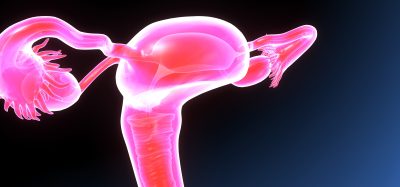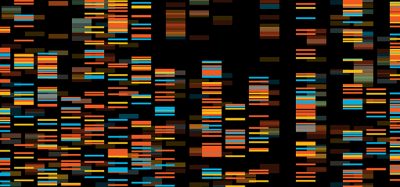Changes in CD4+ T cells associated with autoimmune diseases
Posted: 12 January 2024 | Drug Target Review | No comments yet
Genetic factors that promote disease development accumulated in CD4+ T cells exhibiting specific gene programmes.

Scientists from Osaka University have discovered that small changes in specific immune cell populations may indicate the presence of autoimmune disease, which affect up to five percent of the population. CD4+ T cells are known to have a crucial role in the onset and progression of many autoimmune diseases.
Lead author of the study Dr Yoshiaki Yasumizu explained: “CD4+ T cells can exist in a naive or memory state, can exhibit polarisation to a Th1, Th2, Th17, or Tfh phenotype, or can be regulatory T cells…However, there is still a lot of heterogeneity among the cells in these categories, and the effect that this has on autoimmune disease remains largely unclear.”
The team used single-cell RNA sequencing and an analytical approach known as non-negative matrix factorisation to analyse the gene expression profiles of CD4+ T cells in healthy individuals and patients with autoimmune diseases.
This analysis identified 18 different types of CD4+ T cells and 12 distinct gene programmes. These were then used as a reference to analyse nearly two million CD4+ T cells from almost 1000 people with 20 different autoimmune diseases.
Dr Shimon Sakaguchi, senior author of the paper, said: “We found that characteristic changes in CD4+ T cells defined by the 18 categories and 12 gene programmes were associated with specific autoimmune diseases, suggesting that these conditions have a detectable ‘signature’.”
Also, the researchers found notable changes in CD4+ T cell categories and gene programmes that were linked to two factors understood to influence the risk of developing an autoimmune disorder: aging and sex. Genetic factors that promote disease development accumulated in CD4+ T cells exhibiting specific gene programmes.
Dr Yasumizu stated: “Our study presents a comprehensive catalogue of the CD4+ T cell changes that are seen in 20 different autoimmune diseases, providing an invaluable resource for researchers.”
This catalogue could lead the way for precision medicine, as it may be used to detect autoimmune disease in patients by simply taking a blood sample and analysing the CD4+ T cell features.
This study was published in Cell Genomics.
Related topics
Genetic Analysis, Precision Medicine, RNAs, T cells
Related conditions
autoimmune diseases
Related organisations
Osaka University






